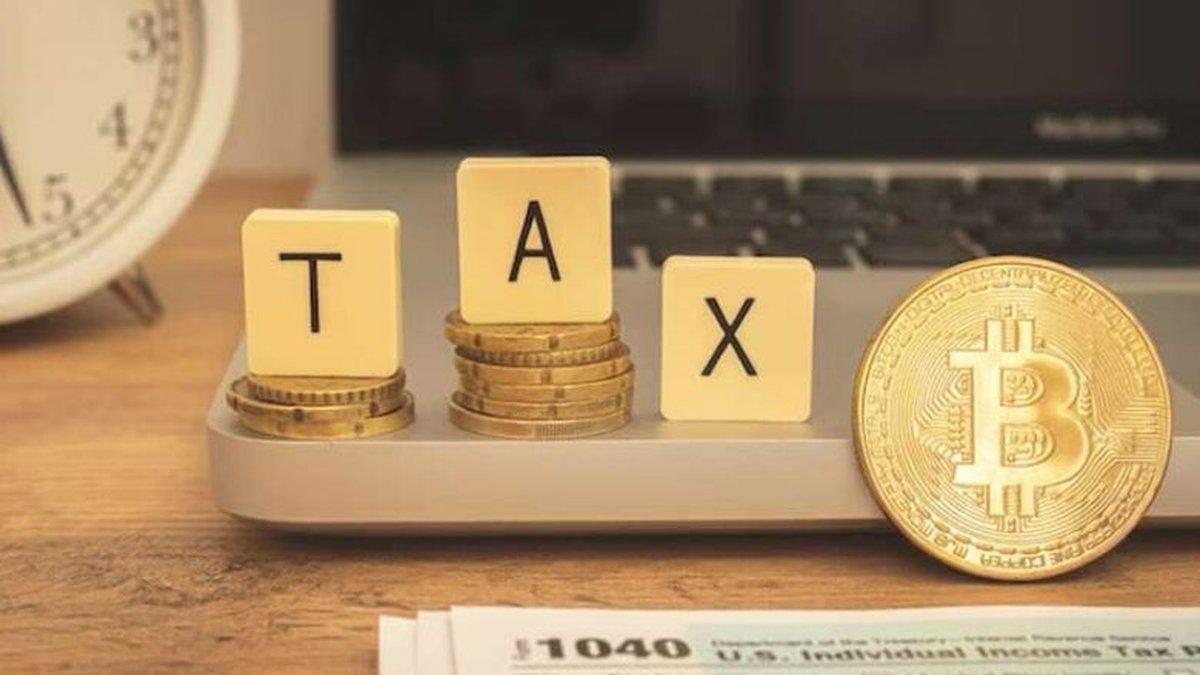Common Crypto Tax Mistakes and How to Avoid Them
As cryptocurrency investing becomes more mainstream, tax authorities across the globe have tightened their reporting requirements. Many investors, however, still make costly errors when it comes to filing crypto-related taxes. Misreporting, misunderstanding taxable events, or failing to track transactions accurately can lead to audits, penalties, and unnecessary stress. This article explores the most common crypto tax mistakes and provides practical guidance to help you stay compliant and confident when filing your taxes.
Why Crypto Tax Compliance Matters
Cryptocurrency transactions are not anonymous to regulators anymore. Tax agencies like the IRS (United States), HMRC (United Kingdom), and other authorities worldwide now require full reporting of crypto gains, staking rewards, NFT profits, and DeFi income. As blockchain transparency grows and exchanges share user data, the risk of underreporting or ignoring crypto taxes has become significant.
Proper tax compliance not only avoids penalties but also helps you optimize your returns legally through deductions and accurate cost basis tracking. Understanding crypto tax laws is therefore essential for both retail and institutional investors.
Top Common Crypto Tax Mistakes
1. Failing to Report All Transactions
One of the biggest errors is assuming that small or experimental trades don’t need to be reported. Every taxable event — including swaps, staking rewards, and crypto-to-crypto trades — must be accounted for. Even converting Bitcoin into Ethereum is considered a taxable disposal in many jurisdictions.
Some investors also forget to include activity on decentralized exchanges (DEXs) or wallet-to-wallet transfers that result in gains. Omitting these can lead to incomplete filings and discrepancies when cross-checked with blockchain records or exchange reports.
2. Ignoring Crypto-to-Crypto Trades
Unlike traditional currencies, exchanging one cryptocurrency for another (e.g., ETH for SOL) is a taxable event. Many investors mistakenly believe taxes only apply when converting to fiat. In reality, the fair market value of the asset received determines your taxable gain or loss. Not tracking these trades accurately can inflate your tax bill or trigger audits.
3. Poor Record-Keeping
Given the complexity of crypto transactions across multiple exchanges, wallets, and blockchains, accurate record-keeping is crucial. Without proper tracking of cost basis, acquisition dates, and sale prices, it becomes nearly impossible to calculate correct gains or losses. Failing to use crypto tax software or maintaining detailed spreadsheets often leads to underreporting or overpayment.
4. Misclassifying Income Types
Different crypto activities fall under distinct tax categories. For example, staking rewards, yield farming income, and airdrops are typically taxed as ordinary income at the time of receipt, while capital gains tax applies to selling or trading assets. Misclassifying these can lead to filing errors and inaccurate liabilities.
5. Forgetting About DeFi and NFTs
Decentralized Finance (DeFi) introduces new complexities such as liquidity pool rewards, lending interest, and governance token distributions — all of which can have tax implications. Similarly, NFT trading is often treated as capital gains, but earning royalties or minting can generate ordinary income. Overlooking these nuances can cause major compliance issues.
6. Assuming Crypto is Anonymous
Many early adopters believed crypto was untraceable, but regulators now have sophisticated blockchain analytics tools and data-sharing agreements with exchanges. Assuming anonymity is a mistake that can lead to serious consequences, including audits or legal action.
7. Not Accounting for Losses
Losses from trades, security incidents, or sudden project collapses can often be deducted to reduce taxable gains. Many investors overlook these deductions, missing valuable opportunities to lower their tax burden. However, proper documentation is essential to substantiate these claims.
8. Missing Deadlines and Filing Incorrectly
Crypto taxes follow the same deadlines as other income. Filing late or inaccurately can lead to interest charges and penalties. Many taxpayers also forget to attach required forms such as Form 8949 (U.S.) or relevant schedules for capital gains and income reporting.
How to Avoid These Mistakes
1. Use Reliable Crypto Tax Software
Tools like Koinly, CoinTracker, or ZenLedger can automatically import transactions, calculate gains and income, and generate compliant tax reports. They also integrate with major exchanges and DeFi protocols, minimizing manual errors.
2. Keep Detailed Records
Maintain a record of every transaction, including dates, amounts, prices, and counterparties. Store exchange statements and screenshots as backup evidence. This ensures accuracy during audits or reviews.
3. Understand Taxable Events
Educate yourself on what triggers a taxable event: selling crypto, trading for another coin, earning rewards, receiving airdrops, or using crypto to pay for goods. Awareness helps you prepare and plan ahead.
4. Seek Professional Advice
Consulting a crypto-savvy tax advisor is invaluable, especially for complex portfolios involving DeFi, NFTs, or cross-border activity. Experts can help interpret evolving regulations and identify deductions.
5. Leverage Tax-Loss Harvesting
Strategically selling losing positions to offset gains can reduce your overall tax bill. Many investors use this strategy before year-end to optimize returns.
6. Stay Updated on Regulations
Crypto tax laws evolve rapidly. Subscribe to trusted sources or regulatory updates to stay informed about new rules, reporting requirements, or IRS guidelines.
Case Study: The Cost of Mistakes
Consider an investor who traded frequently across multiple DEXs without tracking transactions. When filing taxes, they only reported centralized exchange data, omitting significant DeFi gains. Months later, they received an IRS notice requesting clarification and imposing penalties for underreporting. Proper record-keeping and software could have prevented this costly situation.
Global Perspectives
Different countries classify crypto differently:
- United States: Crypto is treated as property; capital gains and income taxes apply.
- United Kingdom: HMRC taxes gains and income depending on activity type.
- Canada: Trades are subject to capital gains; mining and staking may count as income.
- Australia: Similar capital gains approach; holding period affects tax rate.
Understanding local regulations is crucial to ensure full compliance.
Conclusion
Filing crypto taxes doesn’t have to be overwhelming. By staying organized, using the right tools, and understanding key rules, you can avoid common pitfalls and maintain peace of mind. As regulatory scrutiny increases, proactive compliance is the best strategy to protect your investments and reputation.
Further Reading and Resources
SEC Coin | Altcoins | Crypto Tax
Frequently Asked Questions
Do I need to report crypto even if I didn’t cash out to fiat? Yes. Crypto-to-crypto trades and other taxable events must be reported, even without converting to fiat.
Can I deduct crypto losses? In most jurisdictions, yes — but proper documentation is required to claim deductions.
What happens if I don’t report crypto taxes? You risk fines, penalties, or audits. Regulators can access transaction data through exchanges and blockchain analytics.
What’s the best way to stay compliant? Use automated tracking tools, consult professionals, and file accurately by deadlines.





